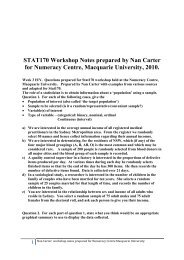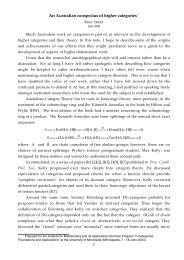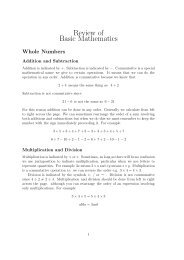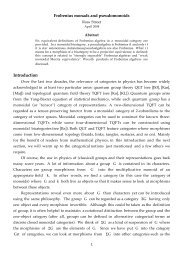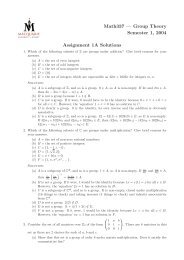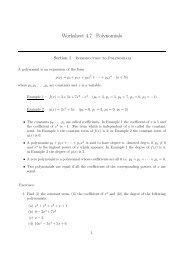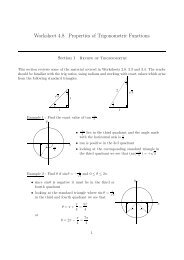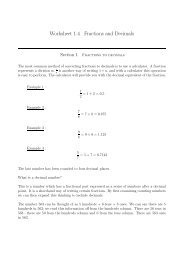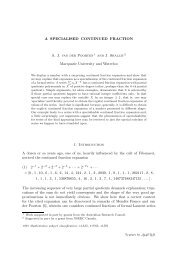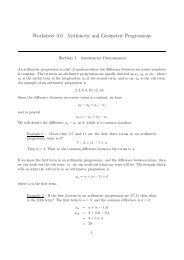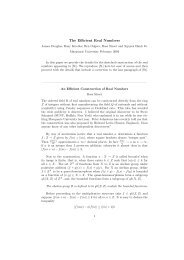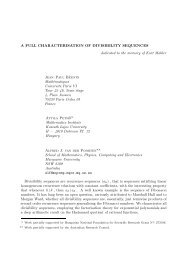You also want an ePaper? Increase the reach of your titles
YUMPU automatically turns print PDFs into web optimized ePapers that Google loves.
This is an advantage, as live music was all that could be enjoyed, without<br />
recordings as we have now. Recall that Branwell learned the flute from<br />
November 1831 to January 1832 when he was 14 and he left a handwritten<br />
music book for the flute.<br />
One afternoon, when Caroline was in low spirits in the Rectory… three<br />
Misses Sykes came to pay a visit... At last tea is over, and music follows<br />
… Caroline arranges the music and Mr Sweeting asks Harriet to play<br />
the piano. He played the flute and the other curates sneer at him in<br />
envy.<br />
the inharmonious rattle of the piano keys, the squeaking and gasping<br />
notes of the flute, the laughter and mirth of her uncle, and Hannah,<br />
and Mary, she could not tell whence originating, for she heard nothing<br />
comic or gleeful in their discourse;’<br />
Here music is used to demonstrate the tactics in manoeuvring between man<br />
and woman. The inharmonious noises produce discomfort for the one who<br />
does not agree with the others concerning what music should be.<br />
Hortense Moore played the guitar and sang.<br />
Hortense, when she was not teaching, or scolding, or cooking, was far<br />
from ill-humoured; it was her custom to relax towards evening, and to<br />
be kind to her young English kinswoman. There was a means, too, of<br />
rendering her delightful, by inducing her to take her guitar and sing and<br />
play; she then became quite good-natured; and as she played with skill,<br />
and had a well toned voice, it was not disagreeable to listen to her;<br />
Here, a lady’s playing the guitar and singing to a happy family circle is<br />
described as popular entertainment. Hortense also played and sang for her<br />
brother Robert. Caroline listened with naïve interest and wished she could<br />
play and sing like her. At home, music has the power to console as well as to<br />
encourage the singer and the listeners.<br />
One evening, Shirley and Caroline were alone in the oak-parlour. ‘Snatches of<br />
sweet ballads, haunted her ear; now and then she sang a stanza’.<br />
Robert Moore comes in and notices that Caroline looks pale and haggard. He<br />
says to her ‘Separation is then quite to estrange us, is it?’ and at once adds<br />
‘…’Should auld acquaintance be forgot, and days o’ lang syne?’’<br />
This song by Robert Burns (1759-96) is quoted twice later. It seems to have<br />
been one of the most favoured songs among the Brontës. It is also quoted in<br />
- 49 -




